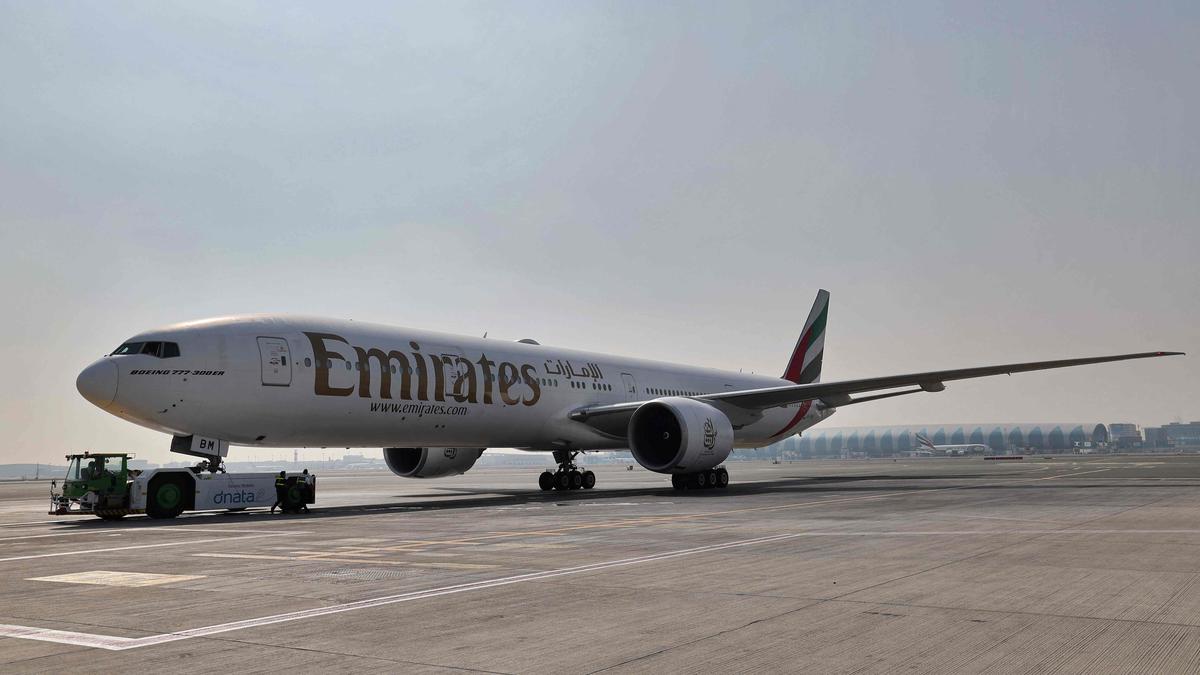
More seats to India will help lower airfares: Emirates
The Hindu
Indian govt. officials say talks in logjam, needs political push
India must allow airlines to fly a greater number of seats to and from Dubai, in the absence of which airfares will continue to remain high on routes that are among the busiest in the world, said Emirates India head Mohammad Sarhan.
“We’ve been into the current bilateral [air service agreement] for almost 10 years,” Mr. Sarhan, Vice President for India and Nepal at Emirates, said in an interview. “We have reached the upper cap and I believe Indian carriers have also reached the maximum limit. It is time to open the bilateral tap, and allow both sides to grow,” he added.
Under the bilateral air service agreement (ASA) signed between the UAE and India in January 2014, the airlines of both nations are allowed to operate a total of 66,000 seats per week between Dubai and 15 Indian cities. Last year, the UAE requested the Ministry of Civil Aviation to raise the number of seats for Dubai by another 50,000.
Flights to Dubai from Delhi and Mumbai have seen sky-high airfares since COVID-19, which is also in part due to restrictions in flight capacity between the two countries. “If you keep supply under pressure and demand is growing, the prices will go up,” said the Emirates official.
Airfares for flights to Dubai from New Delhi, Bangalore and Cochin have seen an average increase of 45-50% as compared with pre-COVID fares, data from travel booking portal ixigo shows.
A senior government official said that the talks on revising the ASA were in a “logjam” and acknowledged that “blue collar workers flying on the route are worst hit.” But there is “a need for a political push,” to address the issue, said the official, who spoke on the condition of anonymity.
Though Indian airlines favour restrictions to cushion themselves from competition from deep-pocketed carriers from the Gulf, Mr. Sarhan asserted, “there is food for everybody. The demand is strong and growing”.













